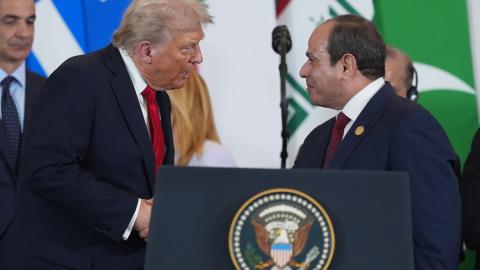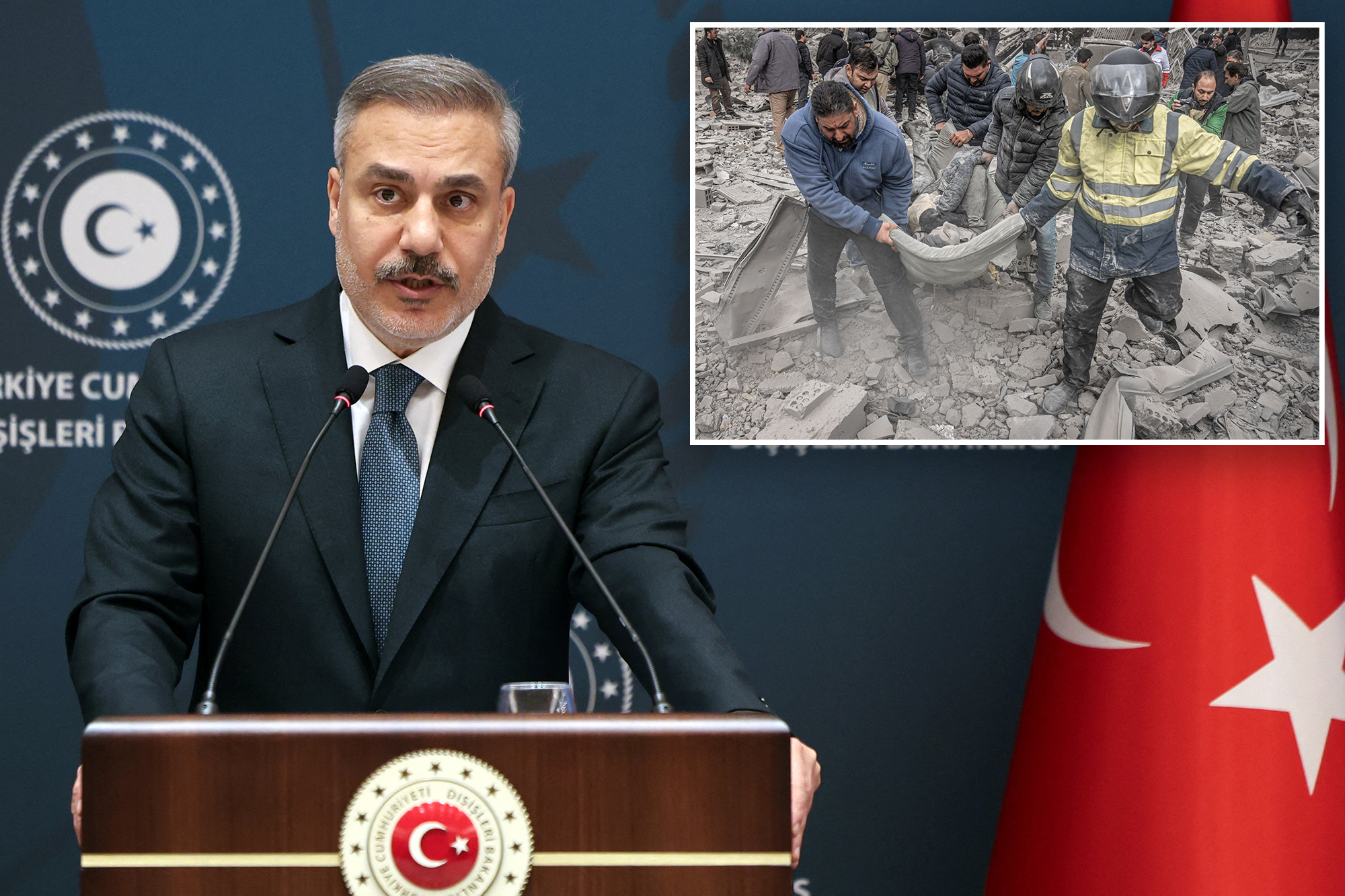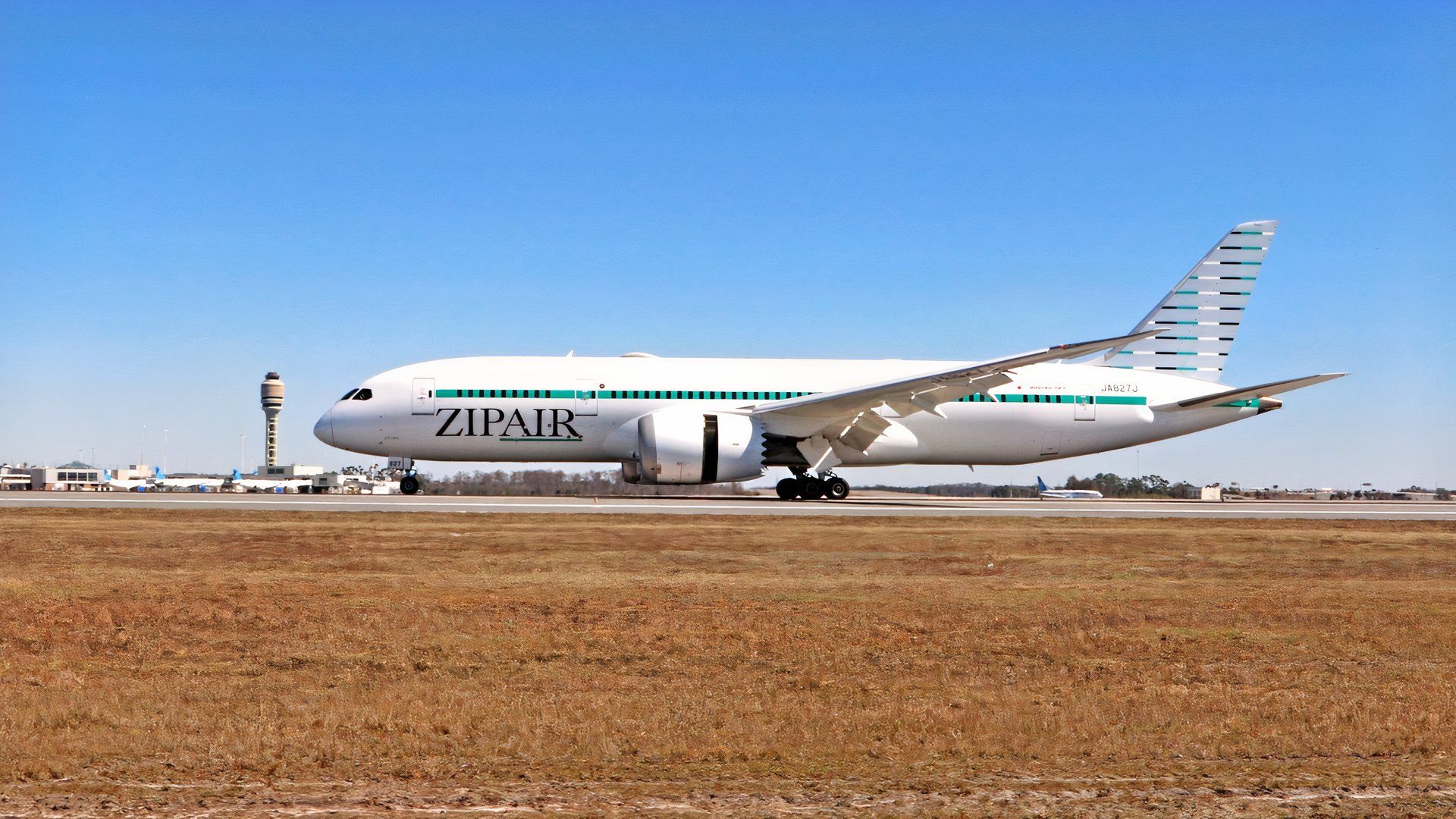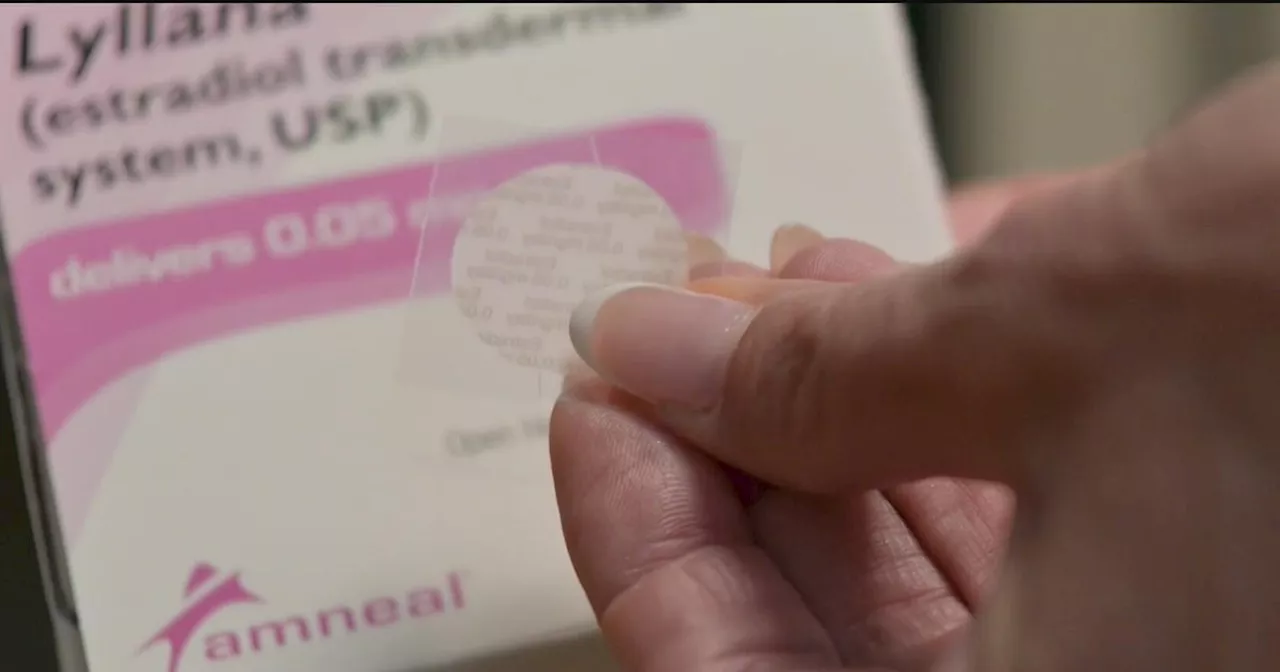
President Donald Trump finalized a historic peace agreement in Egypt on March 18, 2024, marking a significant step towards stability in the region. This development follows the release of twenty hostages held by Hamas for two years, allowing families to embrace their loved ones after a prolonged period of uncertainty and fear.
The peace deal was formally signed in Sharm el-Sheikh, where Trump convened with leaders from Egypt, Turkey, and Qatar. The agreement aims to end over two years of suffering and loss, fostering a new era characterized by hope, security, and collaboration for peace and prosperity. In a statement, Trump declared, “This is the day that people across the region and around the world have been working, striving, hoping, and praying for.”
Families of the returned hostages experienced a wave of emotions as they reunited. Dr. Daniel Trotzky from the Sourasky Medical Center emphasized that the road to recovery for the hostages and their families will be long. He noted, “In the coming days, they will continue to receive comprehensive medical and emotional assessments.” The medical team aims to support the individuals according to their unique needs and circumstances.
While the release of hostages brought joy, the peace agreement also resulted in the release of nearly 2,000 Palestinian prisoners, some of whom were convicted for serious offenses, including terrorist attacks that led to Israeli casualties. Critics argue that this aspect of the agreement may sow seeds for future conflict, as tensions remain high in the region.
In areas of Gaza where the Israel Defense Forces have withdrawn, Hamas has reportedly intensified its control, conducting public executions of dissenters. The organization has released only four of the twenty-eight bodies of individuals who died during their captivity, further complicating the atmosphere of recovery and reconciliation.
On the emotional front, the reunification of families has been a highlight of this recent development. During a recent interview on The 700 Club, Gordon Robertson spoke with Lishay Miran Lavie, the wife of former hostage Omri Miran. Expressing hope for her husband’s return, she stated, “I know it’s not over until it’s over, but I always have hope to see my Omri again.” On the day of the peace deal, those prayers were answered as Omri Miran was reunited with his family.
As this new chapter unfolds, the implications of the peace agreement and the complexities of the situation in Gaza will continue to evolve. The challenges of healing and rebuilding relationships in the aftermath of prolonged conflict remain a priority for both families and officials in the region. The world watches closely as Israel and Palestine navigate this critical juncture in their history.







